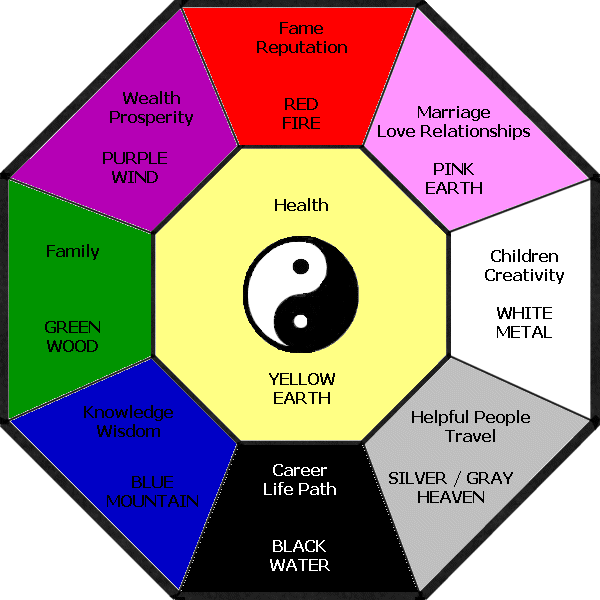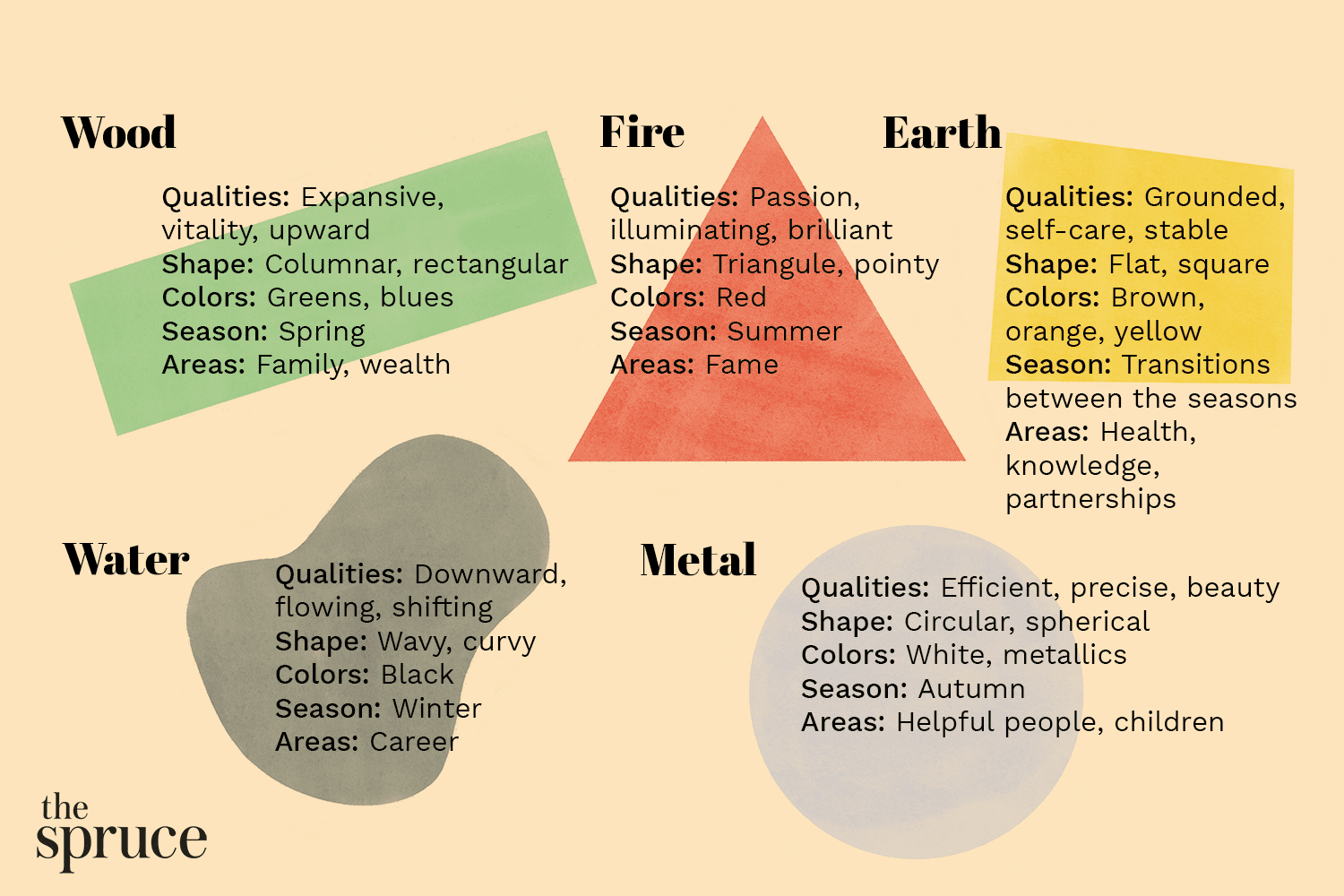 FENG SHUI is an ancient Chinese traditional practice that focuses on using energy forces to create stability and harmony in people and their environments.
FENG SHUI is an ancient Chinese traditional practice that focuses on using energy forces to create stability and harmony in people and their environments.
What is the meaning of Feng Shui?
Feng Shui is also known as Chinese geomancy - the art of placing or arranging buildings or other sites to encourage success.
The term feng shui translates into wind-water, two elements credited with encouraging energy flow.
According to ancient tradition, bodies of water are thought to have the power to direct Qi, also known as the cosmic current.
One who understands Qi should then be able to replicate its patterns in their living, working, and emotional environments.
How is Feng Shui used?
Feng Shui has been used for thousands of years as a way to help orient buildings, spaces, and individuals in a functional and energy-aligning way.
Although identified as pseudoscience by many scientists and philosophers, Feng Shui is continuously practiced to this day.
The essential principles of modernized Feng Shui include the commanding position, the Bagua, and the five elements.
In a room, a spot that appears to be furthest from the entryway while remaining in clear sight assumes the commanding position.
The commanding position is the area of a room known for its dominant energy and should be where one places their bed, desk, couch, or even stove - wherever they spend the most time while in that room.
In Feng Shui, the bed represents oneself.
The desk stands as an extension of one's career, while the stove signifies nourishment.
The Bagua
Bagua in Chinese translates to eight areas and is represented by an energy map.
The eight areas of Bagua may include family, wealth, health, partnerships, fame, career, children, and knowledge.
At the center of Bagua is oneself.
The Five Elements
- Wood: Family and Wealth
- Water: Career
- Fire: Fame
- Earth: Health, Knowledge, and Partnerships
- Metal: Children
How does Feng Shui relate to the Chinese New Year?
The Chinese or Lunar New Year is a festival and celebration of the beginning of a new year based on the traditional  Chinese calendar.
Chinese calendar.
Chinese New Year begins on the day the new moon appears in the sky between January 21 and February 20 of each year.
In 2022, Chinese New Year begins on February 1, and will end with the full moon on 16.
Here are some Feng Shui tips and tricks to help ring in the New Year on positive terms:
- Deep clean and organize the home and work space
- Offer up fruits and plants by placing them around the home
- Light fireworks as a way to ward off bad spirits
- Open every window and door to welcome in the New Year
- Wear the color red to express happiness and abundance
The year 2022 happens to be embodied by the Tiger.
Here's a deeper look at the background and functions of Feng Shui.
